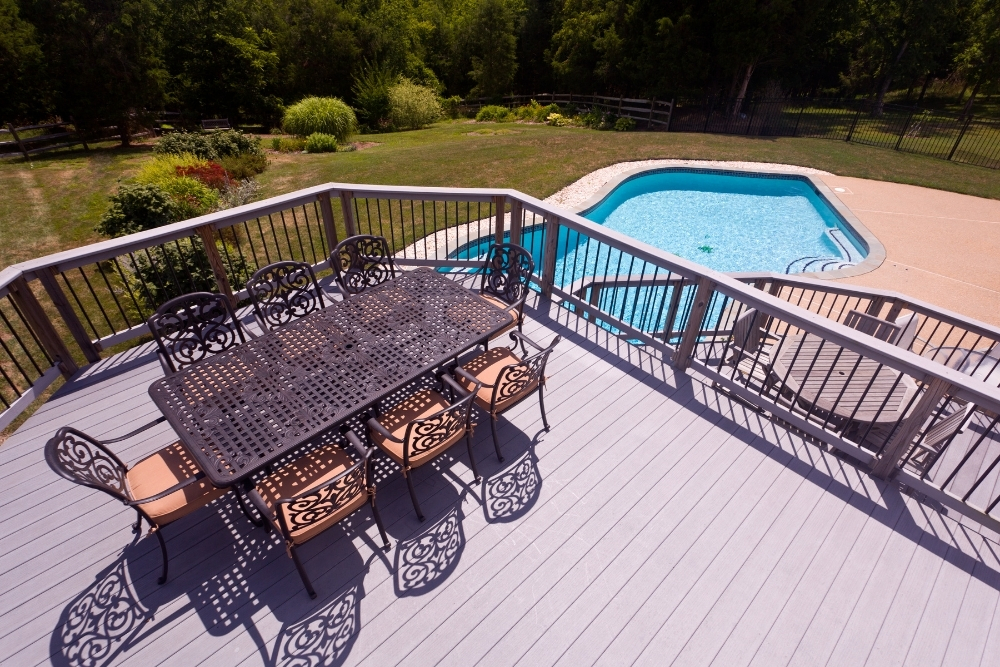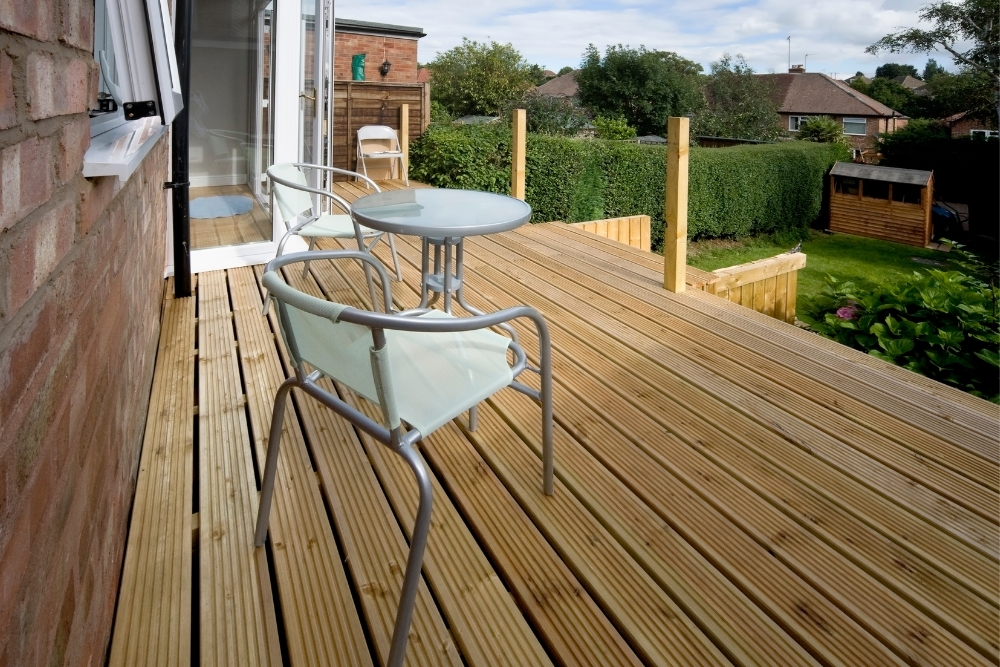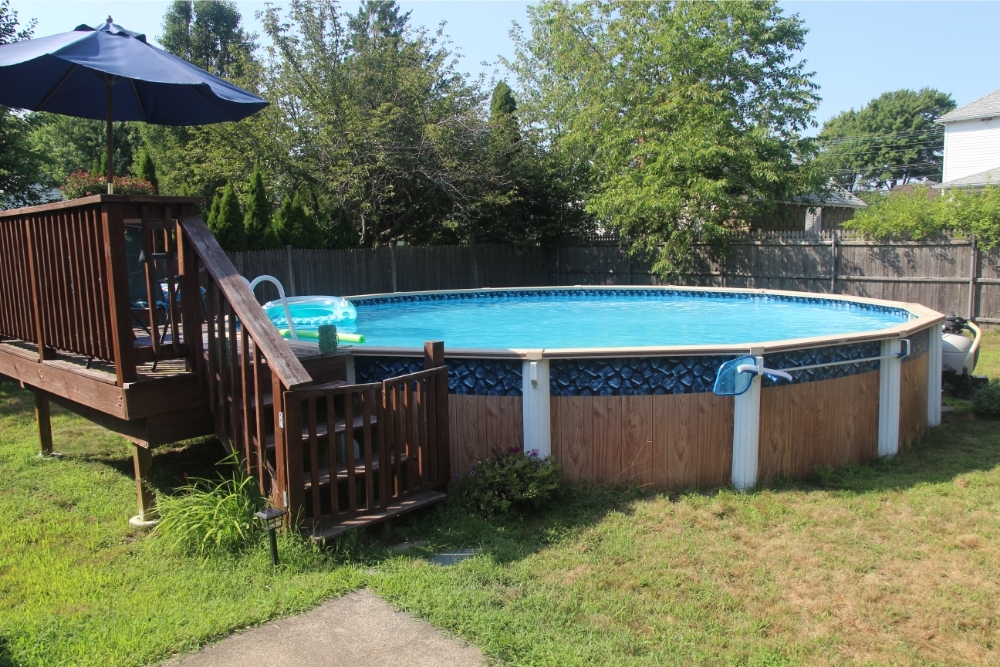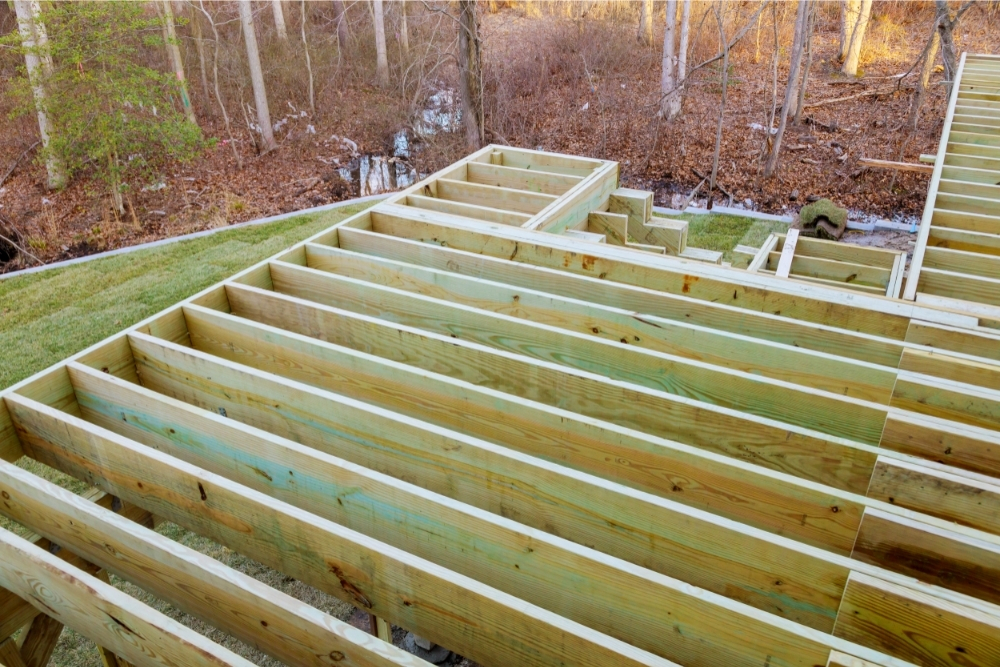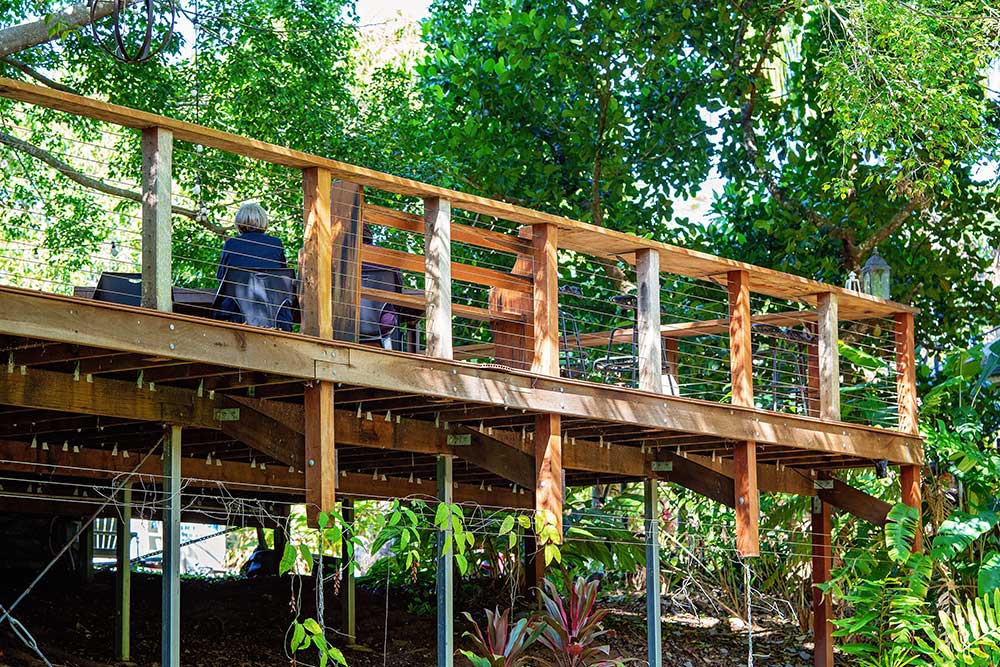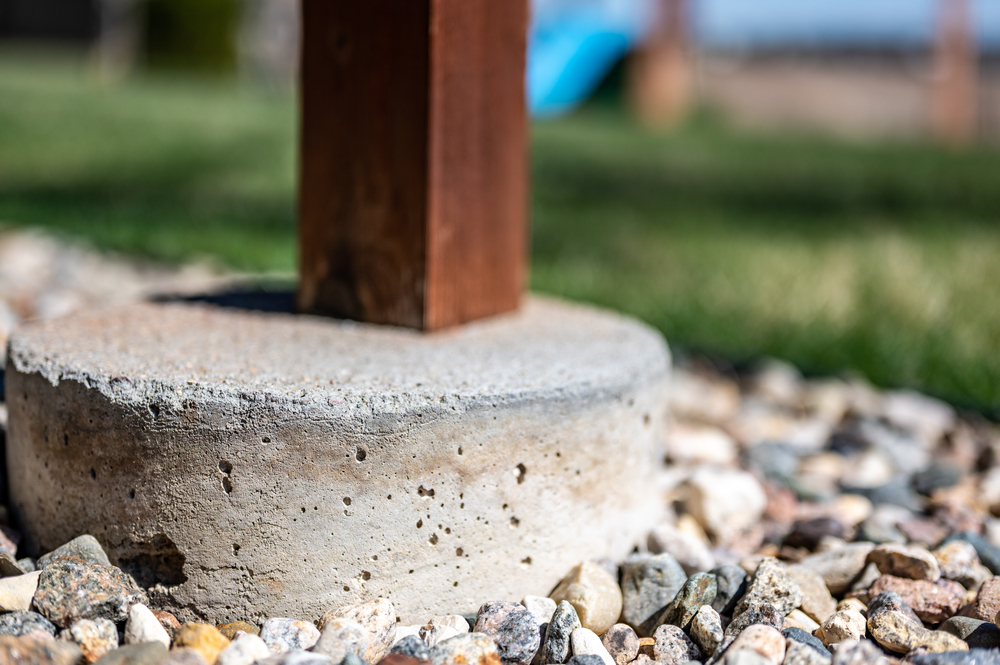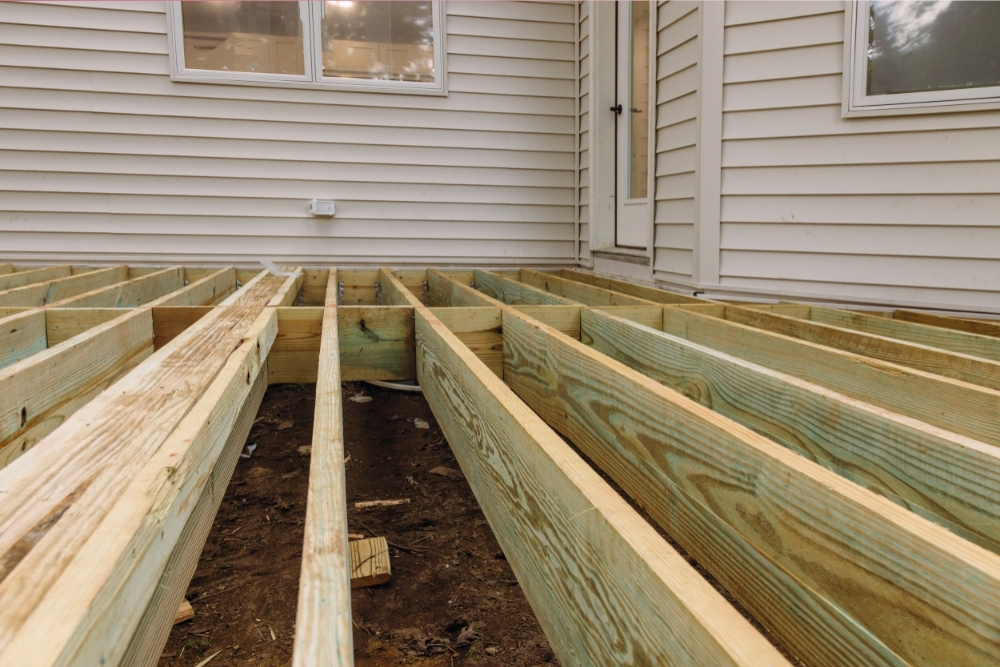The older you get, the more you begin to realize and appreciate that it’s the little things in life that really matter.
The luxuries that you can enjoy during the all too infrequent and rare moments of downtime that the rat race and relentless pace of modern life offer take on a whole new meaning as you get older, and there’s no better way to seize and make the most of those brief interludes than in the water, or relaxing on the deck, of your own swimming pool.
Let’s face it, a swimming pool is a serious financial investment, so you’re absolutely going to want to make the most of whatever time that you get to spend around, and in, it.
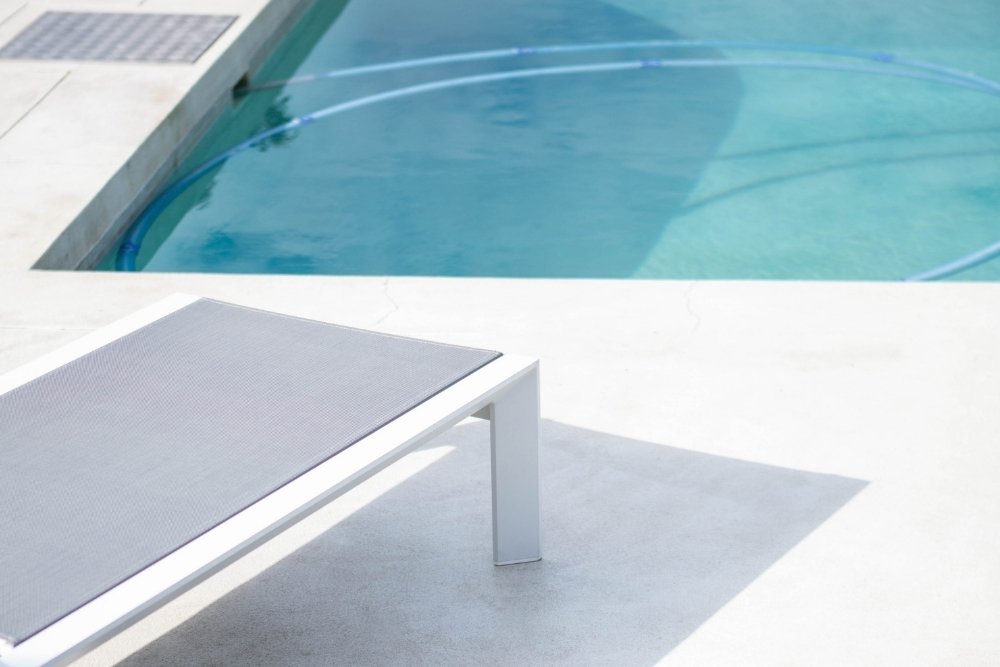
And if you’re going to want to make sure, especially after you’ve blown your budget on your new pool, that nothing untoward happens to it and that it always looks as good as it makes you feel, and that it’s safe to spend time around and in.
But it isn’t just your pool and the water in it that you need to worry about, you’ll also need to think about the constant wear and tear and abuse at the hands of mother nature that your pools deck is going to be subjected to, how you can prevent it from becoming a serious problem and make sure that your deck always looks just as good as the pool that it surrounds.
What Is A Concrete Pool Deck?
The immediate area around our pool, the stone, and concrete surround that’s usually patterned and shaped to be as inviting as the waters of the pool are, and the space that you rest your loungers and chairs on? That’s the deck of your swimming pool. And nine times out of ten, those decks are made from concrete.
Why are they made from concrete? They’re made from concrete because it’s a hardy, durable material that’s designed to last and take a pounding from the weather and the environment.
Because concrete is so tough, and it’s easy to pattern and shape to the individual requirements of the pool owner, it’s the preferred material of choice for pool designers and builders, and it has an additional benefit for pool owners.
It requires far less maintenance than sandstone or wooden decks (they do exist, they might not be as common as they once were, but some contractors still offer them) do.
But just because it requires less maintenance, it doesn’t mean that your pool’s concrete decking doesn’t need to be looked after and be taken care of. It does, and it’s important if you want to make sure that it doesn’t fall victim to the elements and continues to look as good as the day it was laid and installed, that you need to know when and why your concrete pool deck needs to be resealed.
Resealing Your Concrete Pool Deck
If you’re scratching your head and wondering what pool deck sealant is, and why you need it, don’t worry we’re going to explain what it is, what it does, and why it’s so important.
Made from silicone, epoxy, or acrylic material, concrete sealant has a number of hidden benefits, and it isn’t just about making your pool deck look good and keeping the ravaging effects of time at bay.
The main reason why you need to have your concrete pool deck resealed is something called spalling. As concrete is porous, water can, and does get into it, and during colder weather, that water will freeze and expand, and when it expands it causes the concrete to crack and chip, which is called spalling.
When concrete begins to spall, it sets up a chain reaction, and as more cracks appear, more water can get in, which in turn will freeze and expand when it gets cold, which causes the concrete to crack even more and… Well, we’re sure you can see where we’re going with this. Once the spalling starts, it’s difficult to stop, and the only guaranteed way to deal with it is to make sure that it never becomes a problem in the first place.
How does sealing the concrete stop it from spalling? The sealant closes all of the porous gaps in the concrete, which makes sure that no water can get into it, and if water can’t get into the concrete, it won’t begin to spall.
And as the main ingredient in any swimming pool is water, it’s pretty much vital to ensure that the concrete deck surrounding your pool is protected from the ever-present threat of water damage.
But, that’s not all that sealant does. It also protects your pool deck from mold, mildew, and UV damage. It’s like an all-in-one suit of armor that has been designed to protect your pool deck from almost anything that can and will, harm it. Which is why you should always make sure that your concrete deck is sealed and ready to face whatever the world will throw at your rather substantial financial investment.
How Often Should I Have My Pool Deck Sealed? Can I Do It Myself?
They’re both good questions. Yes, you can do it yourself and even though it isn’t really a difficult job to do, we’d always recommend that you call in a pool maintenance specialist to do it for you.
A professional will strip away any old sealant, properly prepare the deck and reseal it, efficiently and quickly, and as their work will be guaranteed, you’ll be able to enjoy the peace of mind that comes with knowing that the job has been done properly.
As for how often you should have the concrete deck of your pool resealed, well that depends on the climate of the area in which you live. The harsher it is, the more often that you’ll need to have your pool deck resealed.
While almost every sealant is guaranteed for around five years, you should really have your deck resealed every two or three years to ensure that it’s fully protected from the vagaries of nature, the weather, the world, and all of the splashing and swimming that’s part and parcel of owning a swimming pool.

